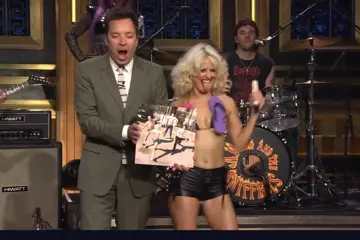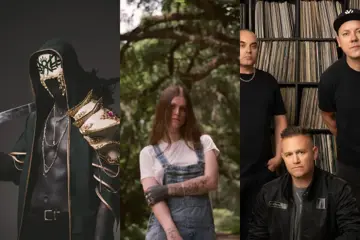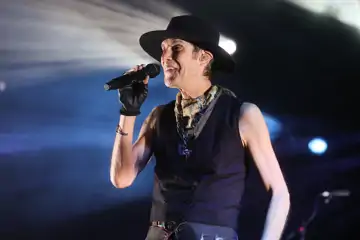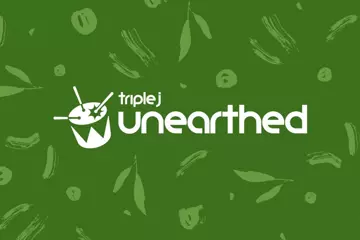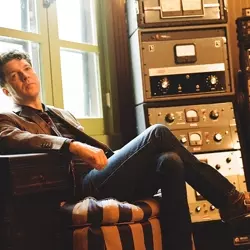 Joe Henry
Joe HenryIt’s probably fair to presume that American singer-songwriter Joe Henry’s life isn’t rife with leisure time. When he’s not ensconced away following his own musical muse he’s very much in demand for his overt studio talents, having won multiple production Grammys and worked on records by big name artists such as Solomon Burke, Billy Bragg, Bonnie Raitt and Aaron Neville (to literally name but a handful). Indeed when The Music catches up with Henry he’s just returned from a Nashville session producing a new duets collaboration between country legends Emmylou Harris and Rodney Crowell, which has allowed him ample opportunity to ruminate upon what lessons he takes home from such paid adventures.
“There are things that I know I’ve learnt from my service to others, and there’s a lot that I don’t know how to quantify or explain,” he reflects. “But I’d say that that with every single project I take on there’s something I’ve learned that makes me additionally liberated when I go back to working for myself. And I think that stems from being fully invested in a project – Emmy and Rodney’s is a good example, I feel as invested as they are in it, yet my creative persona doesn’t sit at the centre of it, so I’m liberated from how I think the project looks and reflects my artistry. I’m liberated from that burden, yet I’m as fully invested as if I’m making my own record – you can learn a lot when you get your ego out of the way.”
Henry’s own new studio album Invisible Hour is amongst his finest work to date, and he certainly didn’t let himself get bogged down by external (or internal) concerns.
“I’m very pleased [with the record],” he smiles. “I always think that I’m doing my best work when I’m doing it – I don’t know how anybody would continue if they didn’t really think that they were doing their best work at any given moment. I’ve always done what I’ve wanted to do, but I felt liberated in a way that I don’t think I ever have – liberated from anybody else’s expectations, and in some ways liberated from my own expectations. I felt wholly alive in this process, and I felt like the record is what I meant for it to be. That doesn’t make any assumptions about how it will age or how it will be meaningful (if it will be) to anybody else, but I know that I when I got to the other side of the recording that it was exactly what I meant for it to be, and it spoke like I thought it needed to speak.”
Tellingly, Henry’s agenda about what he wanted from Invisible Hour had more to do with abstract notions than specifics. “I knew certain things about it, and I knew at a certain point that I didn’t want to know more – I didn’t want any preconceived notions,” he continues. “I knew that I wanted it to be almost purely acoustic – not for any sense of purity or anything like that, just because acoustic instrumentation brings a certain weather into the room. When people are sitting in a room together playing acoustic instruments together into the air and you’ve got an engineer who’s going to take a picture of that happening, sonically speaking, there’s a conversation in the overtones in the air between instruments that I find intensely romantic and human.”
And while the beautiful narratives throughout Invisible Hour were attributed in the liner notes to marriage (Henry is wed to Melanie Ciccone, Madonna’s sister), he has some reservations about this ascription. “They’re personal and they’re not,” he ponders about the lyrics. “I mean I don’t ever write about myself – they’re not autobiographical – but at the same time I let personal concerns leach into the music absolutely. I wrote in the liner notes – perhaps foolishly – that the songs might all be about marriage, and I realised that when you offer people a way to listen to a song then that might be the only way that they’re ever willing to listen to it, and you’ve given them an answer out of the back of the teacher’s edition of the math book.
“But I recognised after the fact that my marriage is probably the biggest most significant thing in my life – it’s a living thing, it’s not something that happened to me 27 years ago. Marriage is not something I did one afternoon, being married is something that I actively engage every day, and it occurred to me after finishing the record that if I looked at the songs through the lens of marriage then I can see the effects of characters who are devoted in relationships and people who are bereft of them, and in the same way the latter tells us as much as the former.”


